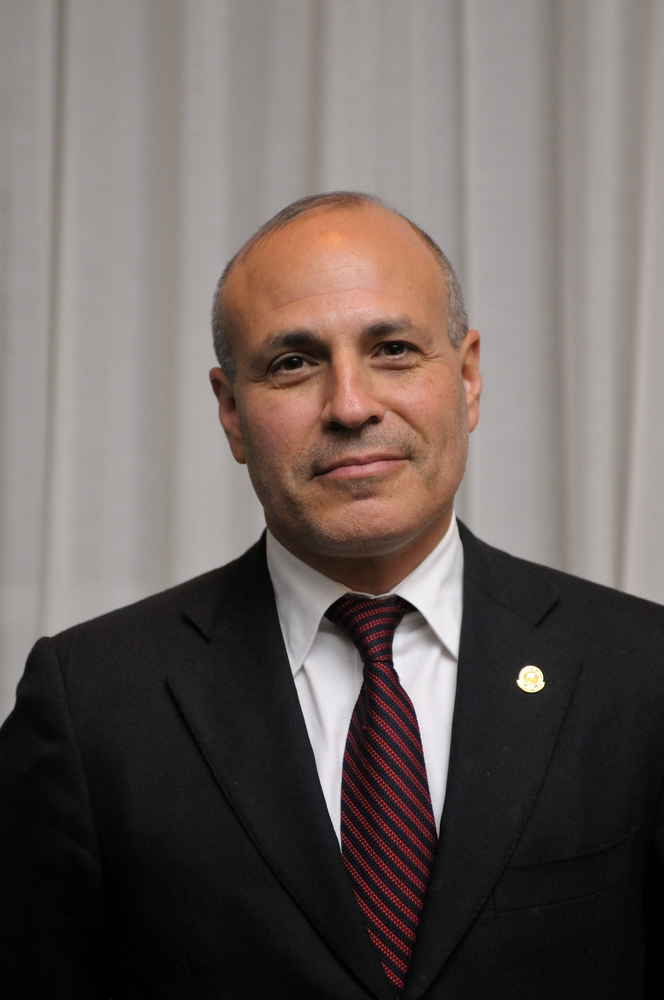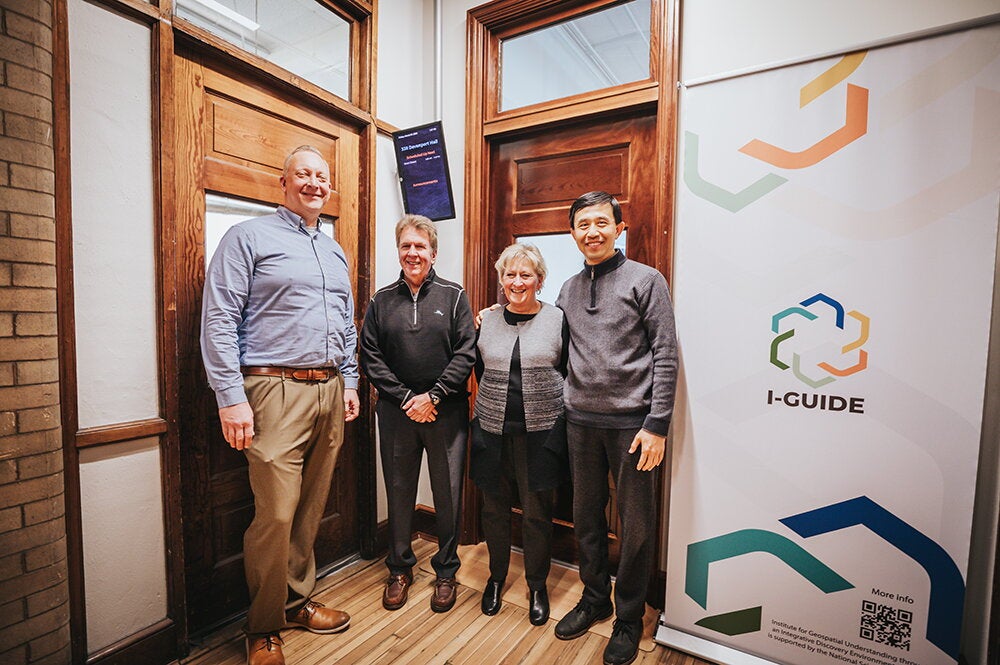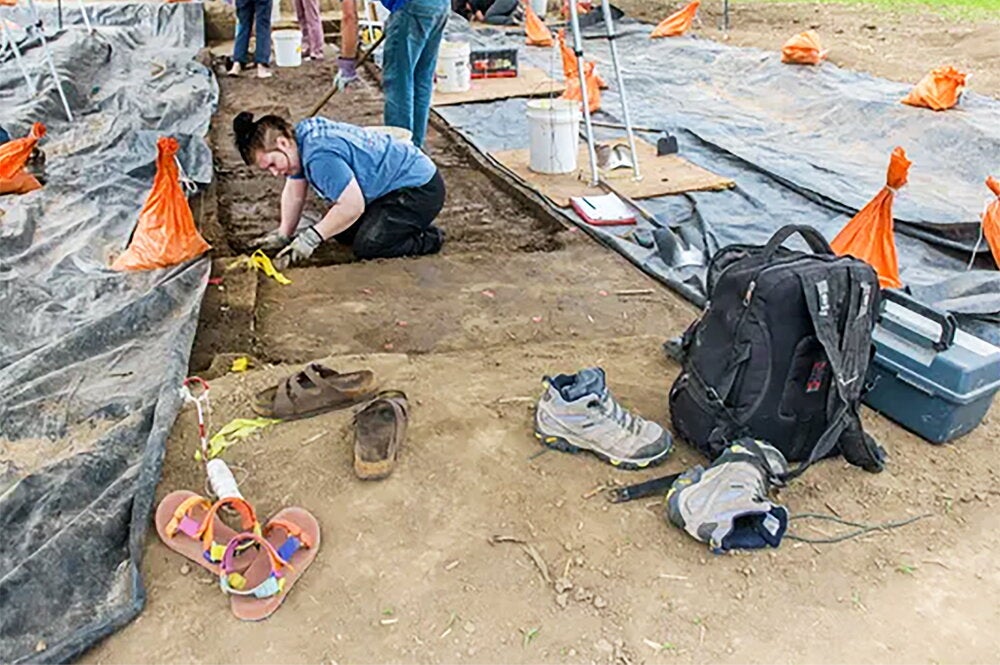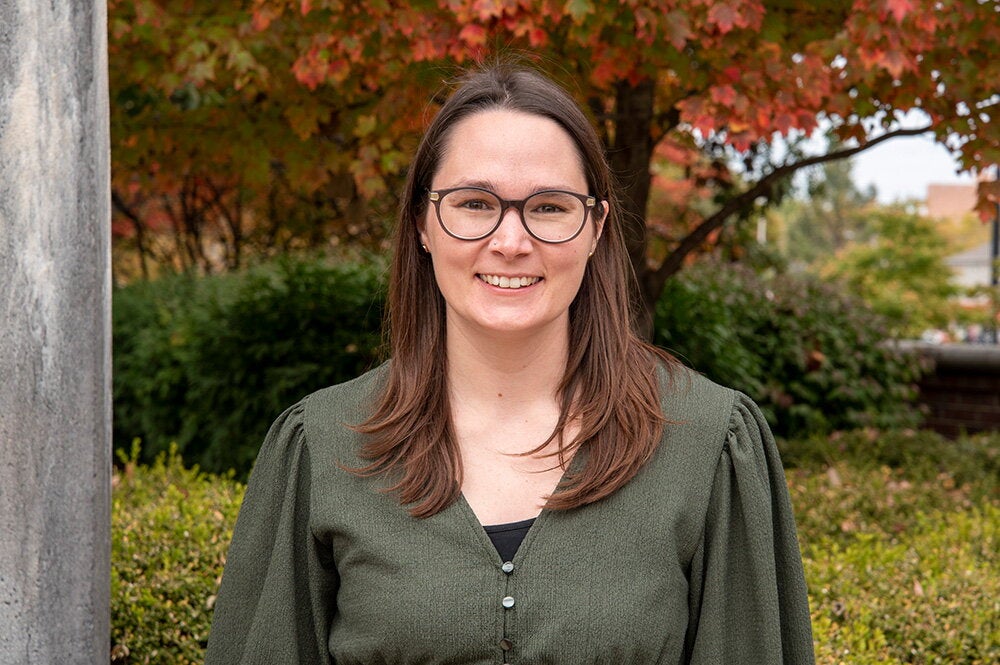
When A. Mark Neuman (BS, '85, economics) first visited the small West African country of Burkina Faso in 2006, he says he was “blown away. I found women owning and controlling cooperatives that grew high-quality, rain-fed, pesticide-free cotton, and the women controlled the money they earned.”
But Neuman says he also discovered something shocking. Although the money they made was their own, it didn’t amount to much. He found that “the women were doing all of the hard work, and the trading companies were making all the money.”
Today, this is no longer true. The women farmers of Burkina Faso doubled their income in a single year, attests two of the women—Rose Somda and Delphine Zoungrana. And they say it’s all thanks to Neuman and the colleagues, friends, and vendors that he brought in to help.
This single-minded devotion to the poorest women in the world has earned Neuman, a 1985 graduate in economics, this year’s College of LAS Alumni Humanitarian Award.
Neuman’s father, a rabbi in Champaign-Urbana, had a tremendous influence on his attitudes, because his father admired people for how much they gave, rather than how much they had.
His father was a poor immigrant from Poland, a survivor of six concentration camps who lost his brother, six sisters, mother, father and grandmother to the Nazis. Neuman’s father never forgot the people who liberated him in 1945, days before a likely death, and helped him build a new life in America, so he instilled in his son the importance of “deeds of loving kindness.”
“It’s important to do good, such as contributing time and funds to an orphanage or hospital,” Neuman says. “But creating good is when you give someone a hand up, as opposed to a hand out. In our Jewish tradition, the highest form of charity is to make someone self-sufficient. This is creating good, which is harder than doing good.”
After graduating from the University of Illinois, Neuman worked in politics and government before becoming an advisor on international trade and global strategy to retailer Limited Brands in 1993. As his interest in Africa grew, he played a leadership role in crafting the African Growth and Opportunity Act (AGOA), which was signed into law in 2000, opening up exports from Africa—a continent that many had written off as economically hopeless.
“The impact of AGOA was enormous,” Neuman says. By eliminating the 32 percent import tax on African clothing made from synthetic fibers and sold in the United States, African exports in apparel shot up. In fact, AGOA was responsible for $12 billion of new apparel exports from Sub-Saharan countries to the U.S. over the last 10 years.
“That translates into hundreds of thousands of jobs—mostly for women,” he adds.
Neuman also helped bring together the team that formed Cottonline, a joint venture in Madagascar that is now the largest U.S. investment in the Sub-Saharan African apparel industry. His determination helped to catapult Madagascar’s textile and apparel exports to the United States from $22 million in 1998 to $323 million in 2004.
During this period, Neuman became interested in doing something for women in Africa because, as he puts it, “When you empower women with a decent income, they invest that income back into their families, and all of the key goals—educating girls, reducing infant mortality, improving food security—are addressed and advanced.”
This interest brought him to Burkina Faso where, he says, “the women were getting paid pennies and the trading companies were getting paid dollars. We wanted women farmers to be the beneficiaries of their hard work—not the traders.”
Changing the old system “was the hardest thing any of us have ever done,” he says. “Before this, there had never been a U.S. fashion retail brand that directly paid women farmers for the crop used in products in the United States. Amid the frustrations, I would remind our team that if this was easy, someone would have done it already.”
In the most recent year, 25 million garments sold in the U.S. used the organic, fairly traded cotton produced by Burkina Faso women. In addition, three dozen new water wells were financed with fair-trade premiums associated with the program started by Neuman.
In other areas of work, Neuman was invited by the National Academy of Sciences to present strategies to combat child labor in Uzbekistan; he will also never forget when he was in a remote hamlet in Vietnam meeting with an organization, ADAPT, that rescues victims of human trafficking. When they met some of the girls in the program, one asked, “Why do you care about us?”
“That moved me to tears,” he says. “But I answered: One day, when you are successful, you will remember that strangers cared about you, and each of you will reach out to others. I wanted to emulate the good people who had helped rescue my father at the end of World War II.”


